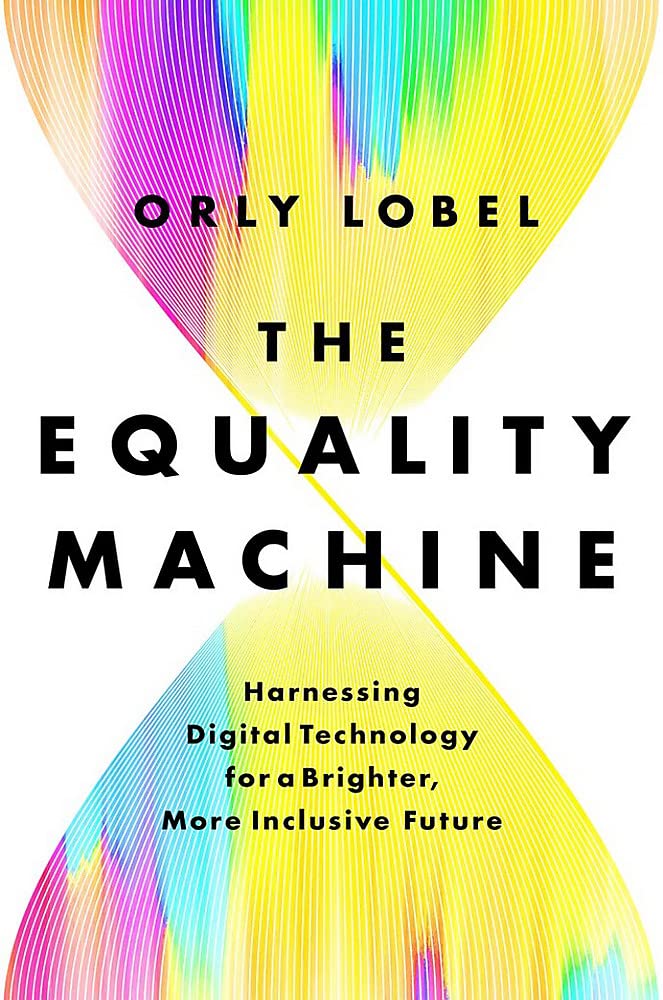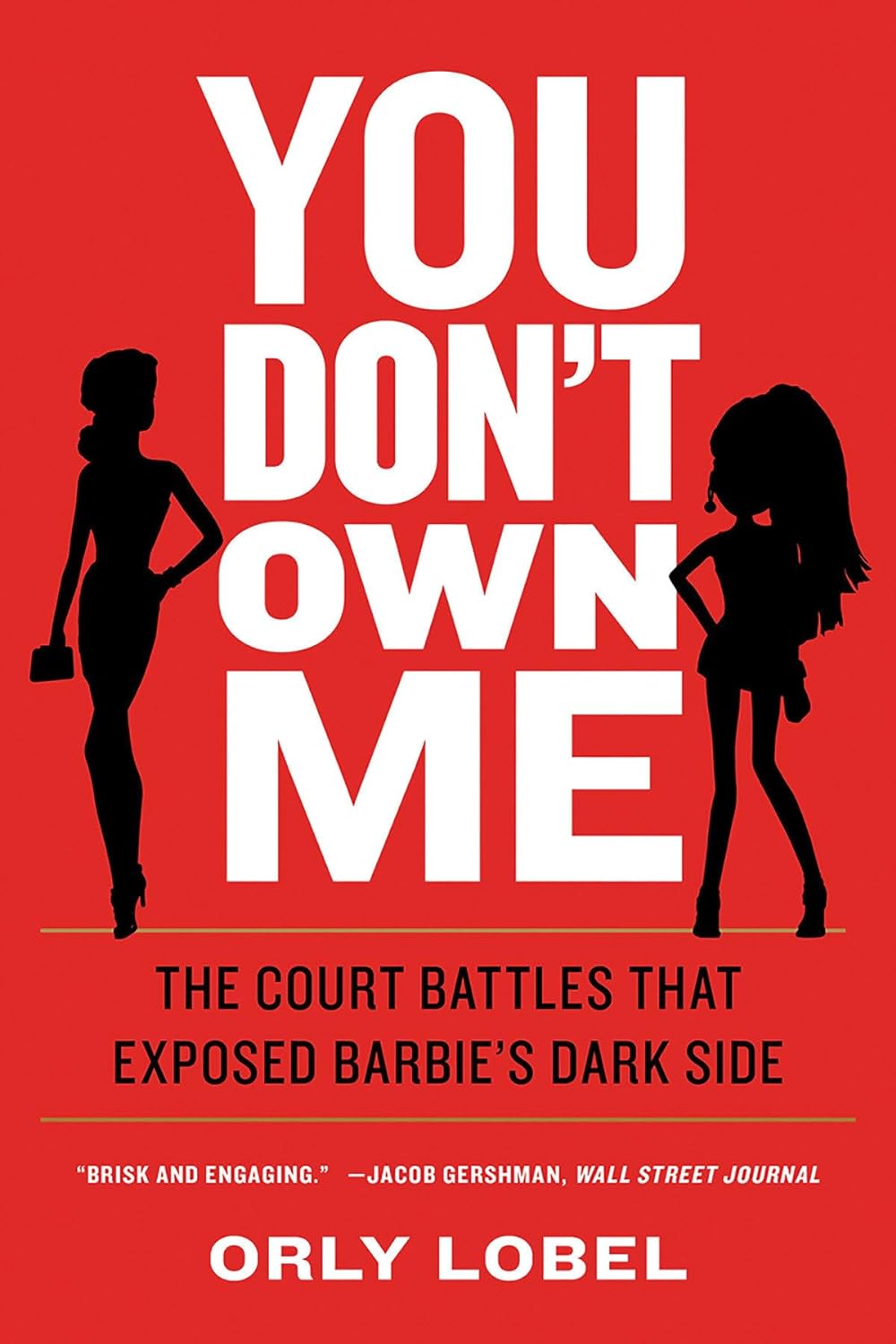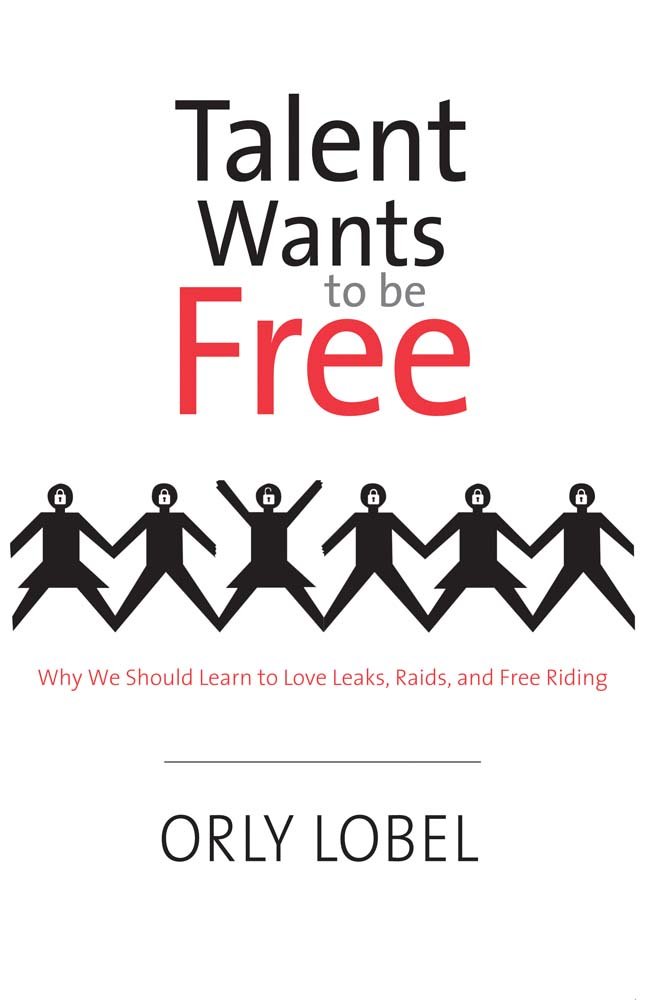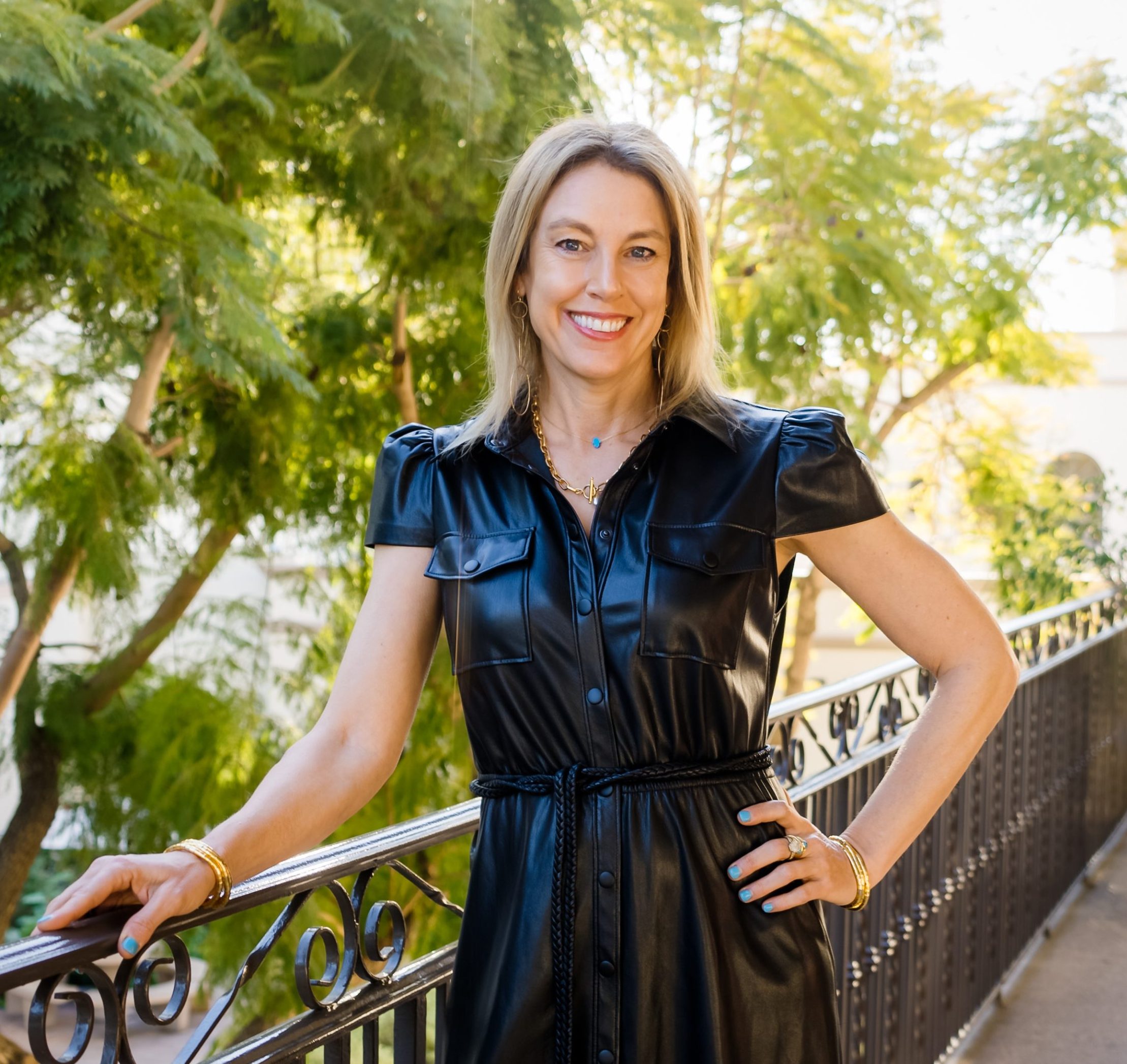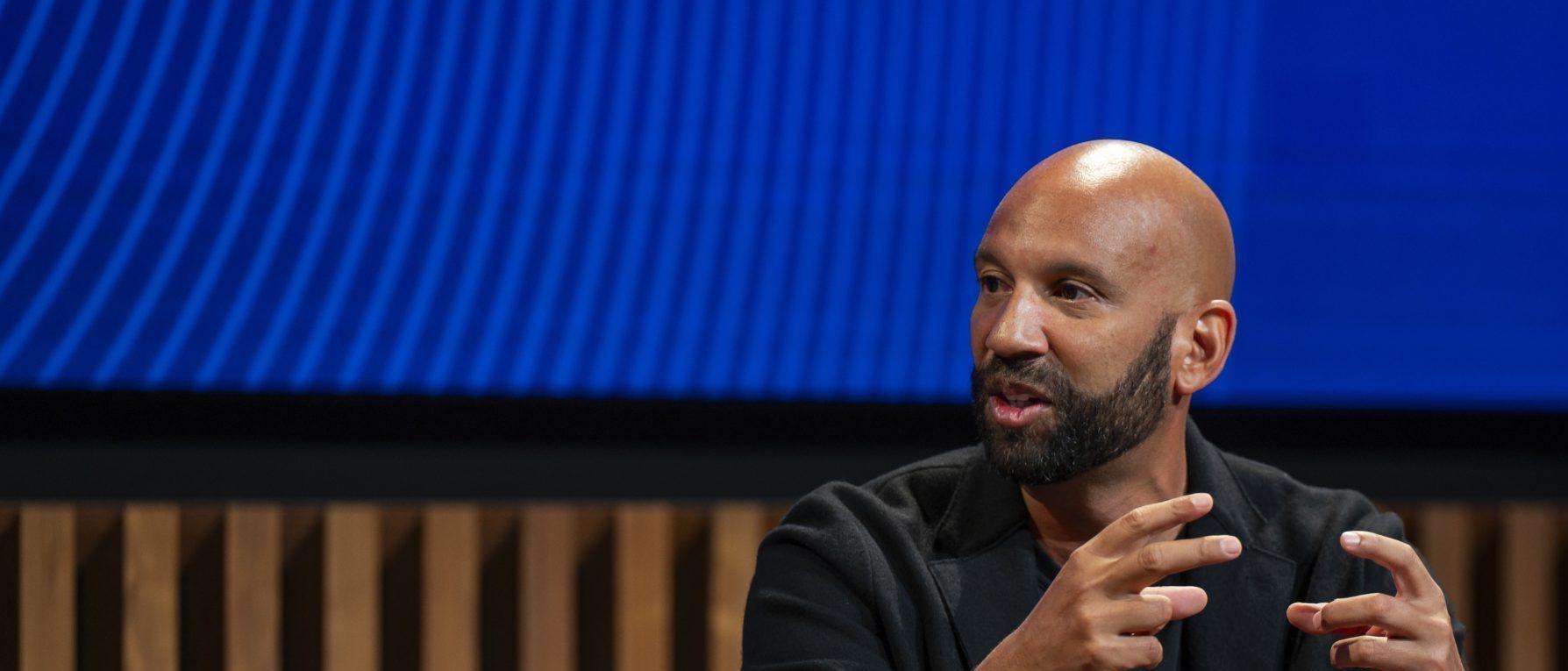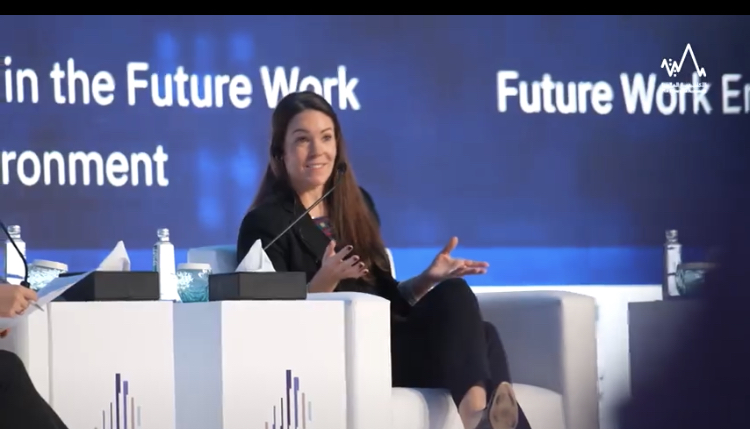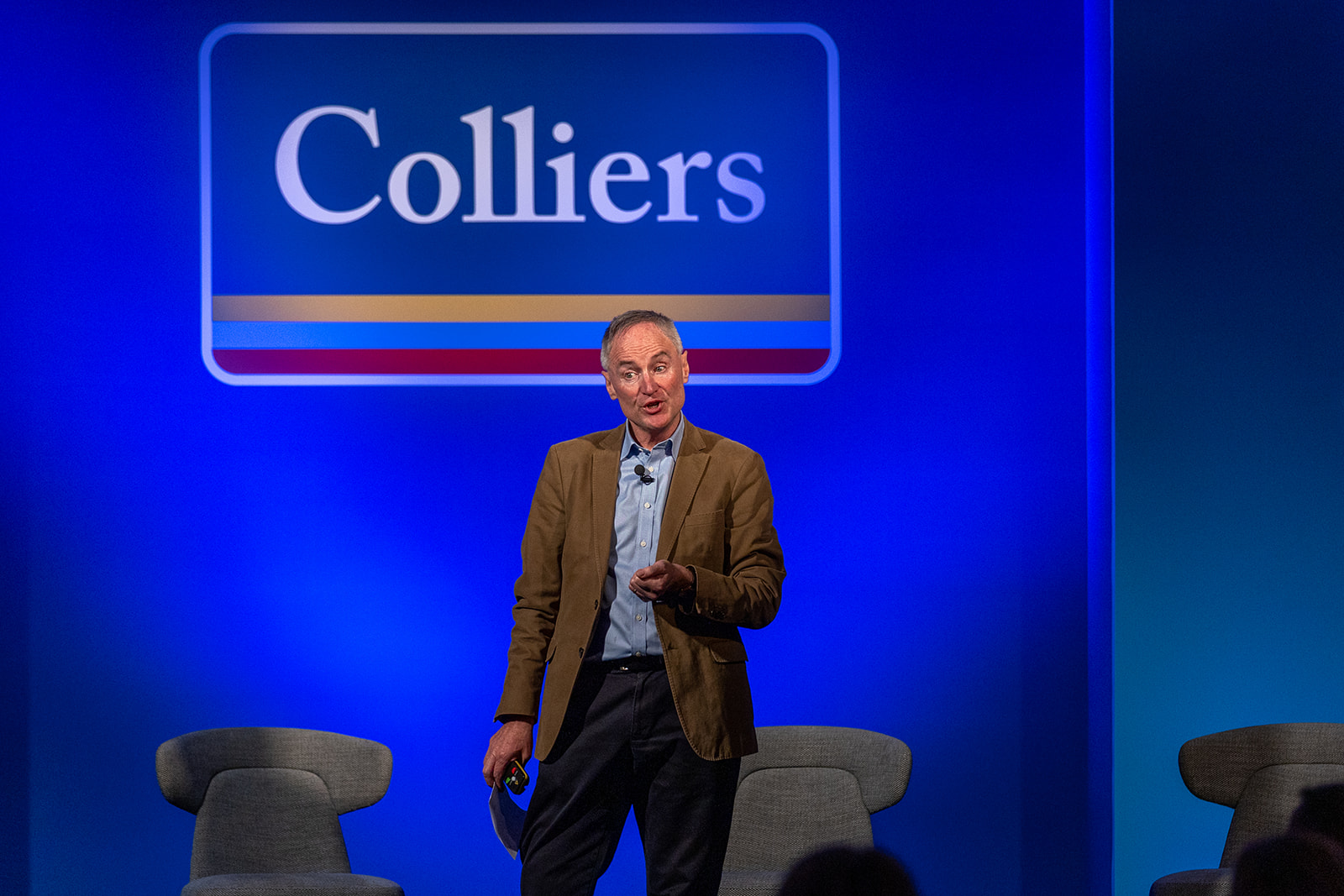Orly Lobel Keynote Speaker
- Author of The Equality Machine & Renowned Tech Scholar
- Warren Distinguished Professor of Law at the University of San Diego
- One of the most cited Legal Scholars in Law and Technology
Orly Lobel's Biography
Orly Lobel is the Warren Distinguished Professor of Law and founding director of the Center for Employment and Labor Policy (CELP) at University of San Diego. She is the award-winning author of best-selling books and numerous high-impact articles. A graduate of Tel-Aviv University and Harvard Law School, Lobel clerked on the Israeli Supreme Court and is a member of the American Law Institute. She has recently been named the most cited legal scholars in employment law and overall one of the most cited younger legal scholars in the United States. She has received several grants for her scholarship including most recently a grant from the AI and Humanities Project. She is the winner of the 2023 Vanguard award from the California Bar Association.
Lobel served on President Obama’s policy team on innovation and labor market competition, advised the Biden Administration’s Federal Trade Commission (FTC), the American Conference of the United States (ACUS) and the Government Accountability Office (GAO) and other federal and state agencies on tech policy. Lobel consults private tech leaders on competition, human capital, equality, innovation, labor markets, and tech policy. Lobel is a prolific speaker, consultant, expert witness, commentator, and thought leader who travels the world with an impact on policy and industry. In 2023, she keynoted the United Nation’s AI for Good Summit in Geneva and the EU State of the Union in Florence. She also served this past year as a G7 representative of the World Economic Forum to Japan’s governmental taskforce on digital transformation. She is a beloved teacher and mentor and has been recognized by her students as a Woman of Impact and a Woman of Valor. She is regularly quoted in the media and her work has been featured in top media including the New York Times, Wall Street Journal, Financial Times, Sunday Times, Time Magazine, The New Yorker, Forbes, and the Harvard Business Review.
Her books You Don’t Own Me: How Mattel v. MGA Entertainment Exposed Barbie’s Dark Side (in development by CBS into a series) (Norton) and Talent Wants to Be Free: Why We Should Learn to Love Leaks, Raids and Free Riding (Yale University Press) are the recipient of several prestigious awards and have been reviewed in top scholarly journals and media. Her new book The Equality Machine: Harnessing Tomorrow’s Technologies for a Brighter, More Inclusive Future (PublicAffairs) has received raving reviews and was named by The Economist Best Book of 2022 (“brilliant”). Science Magazine calls the book “masterful” and Kirkus describes The Equality Machine, “a compelling, hopeful, enthusiastic yet measured argument for technology’s potential to promote equality across many facets of culture and industry.”
Lobel lives in La Jolla California with her husband, On Amir, a behavioral economist and dean at Rady School of Management, UCSD, her three daughters, and her English lab Gili. She loves running, yoga, and all things outdoor.
Orly Lobel's Speaking Topics
-
AI for Good: How to Build an Equality Machine
While most speakers and leaders in AI policy focus on warning against AI risk, Lobel provides deep insights into how to build AI for good systems. A leading voice on the legal and ethical challenges surrounding AI governance, touching on issues like bias, accountability, and the global race for AI supremacy, Lobel illuminate how policymakers can craft forward-thinking frameworks that foster responsible, accessible, and socially beneficial AI development while safeguarding public interest – with concrete fascinating examples spanning medicine, education, access to justice, and even our most intimate social and family relations. Her book The Equality Machine has been named Economist best book of the year and selected by Stanford as a required reading.
-
Behavioral Human-Machine Symbiosis / Human-Machine Interaction: Lesson from Behavioral Economics
How can we make more rational decisions about automation? Artificial intelligence (AI) has become deeply embedded in every aspect of modern life. Lobel brings original empirical research and behavioral economics expertise to explain how we are prone to cognitive fallacies when thinking about trusting self-driving cars or radiology bots. With concrete examples and cutting edge insights, she explains th is “algorithmic adoration” – overly trusting machines and “algorithmic aversion” – overly distrusting AI systems, and how we can lead the way to more rationality and fact-based conversations about and interactions with AI.
-
How to Win the Talent Wars: Ownership, Creativity and Motivation
From Facebook to Google, Coca-Cola to Intel, JetBlue to Mattel, Lobel uncovers specific factors that produce winners or losers in the talent wars. Combining original behavioral experiments with deep expertise of contemporary battles over ideas, secrets, and skill, Lobel identifies motivation, relationships, and mobility as the most important ingredients for successful innovation. She shows how too many companies embrace a counter-productive control mentality--relying more on patents, copyright, branding, espionage, and aggressive restrictions of their own talent and secrets than on creative energies that are waiting to be unleashed. Lobel presents a set of positive changes in corporate strategies, industry norms, regional policies, and leadership that will help talent flow, creativity, and growth. Lobel brings her experience consulting the three past administrations, serving on President Obama’s policy team on talent competition and consulting the Federal Trade Commission under the Trump and Biden administrations. She shows how everyone wins when talent is set free.
-
Gender Equality at Work
After years of stagnation, the path to pay equity is gaining spectacular momentum. Lobel explains how dynamics of the job mobility and negotiation cultures, corporate practices and new technology can each contribute to more inclusive and equitable workplaces.
-
Ethical Technology
We can and must direct technology’s course according to our most fundamental values. While technology presents undeniable risks, it also frequently has a comparative advantage over humans in detecting discrimination, correcting historical exclusions, subverting long-standing stereotypes, and addressing the world’s thorniest problems: climate, poverty, injustice, literacy, accessibility, speech, health, and safety. Lobel's vivid examples—from consumer markets to dating markets—provide a powerful vision on how to design ethical technological systems.
-
Digital Transformation and Creativity
What is the future of work when we now have generative AI applications racing to perform human tasks? From doctors to musicians, attorneys to authors, teachers to artists, Lobel presents a vision for human creativity that leverages new technology rather than being replaced by machines. Alongside understanding the potential for comparative advantages, addressing burnout and human flourishing, we also must demand a new social contract in which our livelihood and wellbeing is provided also in times of transition.
Videos of Orly Lobel

Articles, Media & Podcasts
Books by Orly Lobel
